Pictured: Centre for Homelessness Impact / Christopher James Hall Foundation
Responding to poverty to help tackle homelessness
In Australia we would expect everyone to have equal access to basic needs that provide a minimum standard of living, and allow someone to live with dignity and purpose. However, this is not the case for many in our communities.
Over 3.3 million people across our communities are living below the poverty line, experiencing economic disadvantage that limits their choice and ability to afford a home, enough food, and the means to meet basic standards of living. This is poverty and it underpins both the risk and perpetuation of homelessness in Australia.
We need to expand Australia’s affordable housing supply and lift income support payments to break the cycle. Our role is to support people experiencing this chronic disadvantage while campaigning for change to our welfare and housing systems.
3.3
60
34
So what is driving poverty and homelessness? The increasing cost of housing, stagnant wages, and inadequate levels of income support are systemic factors that are increasing poverty levels and leading to rising homelessness. In the past five years, median rents in capital cities have risen 5 times higher than median income levels and this inflation is 4x higher in regional cities.
The Affordability Snapshot continues to find critically few available affordable rentals, especially for young people on Youth Allowance (0 rentals, nationally) and adults on Jobseeker (3 rentals, nationally). With the unemployment payment now just 43% of the minimum wage, over half of those who rely on JobSeeker live in poverty.
Poverty: what it is, and who it affects
Living in poverty results in not having enough money to eat, pay rent and stayed housed, meet hygiene and clothing needs, or access education. Because poverty is a systemic economic disadvantage, Australians most likely to be living in poverty are older people, youth, sole-parent families or families with children reliant on part-time earnings or income payment, and renting.
Single parents: 18% of households where the main income-earner is a woman are in poverty, compared with 10% of households where the main income-earner is a man
Older People: retirees who rent in Australia today are being left behind. 2 in 3 retirees who rent in the private market live in poverty.
Young people: there are 750,000 children living in poverty in Australia, and young people under 24 years make up 36% of those affected by poverty
One of the first indicators that someone is experiencing poverty is skipping meals or cutting back on food. As people struggle with other more pressing needs, like making rent that week, or paying for essential medication, they have to make the hard choice between paying for food or other expenses. On any given day, more than half a million households struggle to put food on the table.
Hygiene poverty means going without things like toothpaste, soap, period care, toilet paper, and shampoo, and it’s affecting 3.5 million Australians. The cost of living crisis is ongoing and continues to leave a staggering number of Australians unable to afford hygiene essentials. Women and younger people are most concerned about and impacted by hygiene poverty.
Material deprivation is going without ‘key essentials’ and the latest report finds particular cohorts that are most vulnerable. It found that those on Youth Allowance are 8 times less likely than average to be able to keep at least one room of the house adequately warm. 37% of those on Jobseeker payment don’t have $500 in emergency savings to mitigate future risks (like eviction, injury, job loss etc). Those on a parenting payment are 3 times less likely to be able to afford new school clothes for their children.
What we're doing to tackle homelessness and poverty
If we’re serious about shifting the dial on homelessness, we need to respond to poverty as a key driver and exacerbator of our homelessness crisis. Throughout September and October, and as we mark Anti-Poverty Week, our team is focused on raising funds and awareness through a collective response.
Funds raised will help to reduce the immediate impacts of poverty and provide pathways towards economic empowerment and housing security for those facing and experiencing homelessness. We’re inviting and encouraging our giving network to chip in what they can to help provide food aid, emergency relief like bill support and travel vouchers, material aid like new clothes, employment opportunities, and tenancy support.
You can also use your voice to advocate for better policies that will reduce and prevent homelessness, poverty and systemic disadvantage by improving our housing and income support systems.
We work collaboratively, and encourage corporates, businesses and philantropists to join us for collective action and impact. Please reach out at partners@streetsmartaustralia.org if this sounds like you.
Without housing, ending homelessness is impossible.








